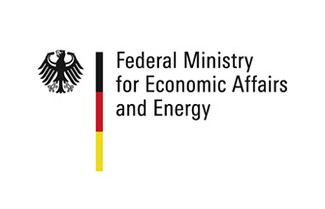Machine Learning for the Multi-Parameter Optimization of Atomic Quantum Sensors (OPTIMAL-QT)

The optimization of experimental parameters in experiments with ultracold atoms is a long and complex process. The sheer number of possible parameters and correlations among them is difficult to grasp and often requires lengthy manual optimization by the senior scientists. Experimental parameters include timing sequences such as precise switching times, frequency shifts of lasers, system temperatures, tuning of PID parameters for feedback loops, and mechanical changes to optical systems.
One of the goals of the OPTIMAL-QT project is to evaluate and implement different machine learning methods for the efficient optimization of experimental parameters. Since the experiments with ultracold atoms will later also be performed in satellites, a server-client structure will be set up, where the client can control the experiment in the satellite and the server on the ground station evaluates the measured data and calculates new parameter values.
Partners:
Joint Lab Integrated Quantum Sensors Humboldt-Universität zu Berlin, Germany
JCMwave GmbH, Berlin, Germany
Funded by:
Federal Ministry for Economic Affairs and Energy, Germany, Grant No. 50WM2067

